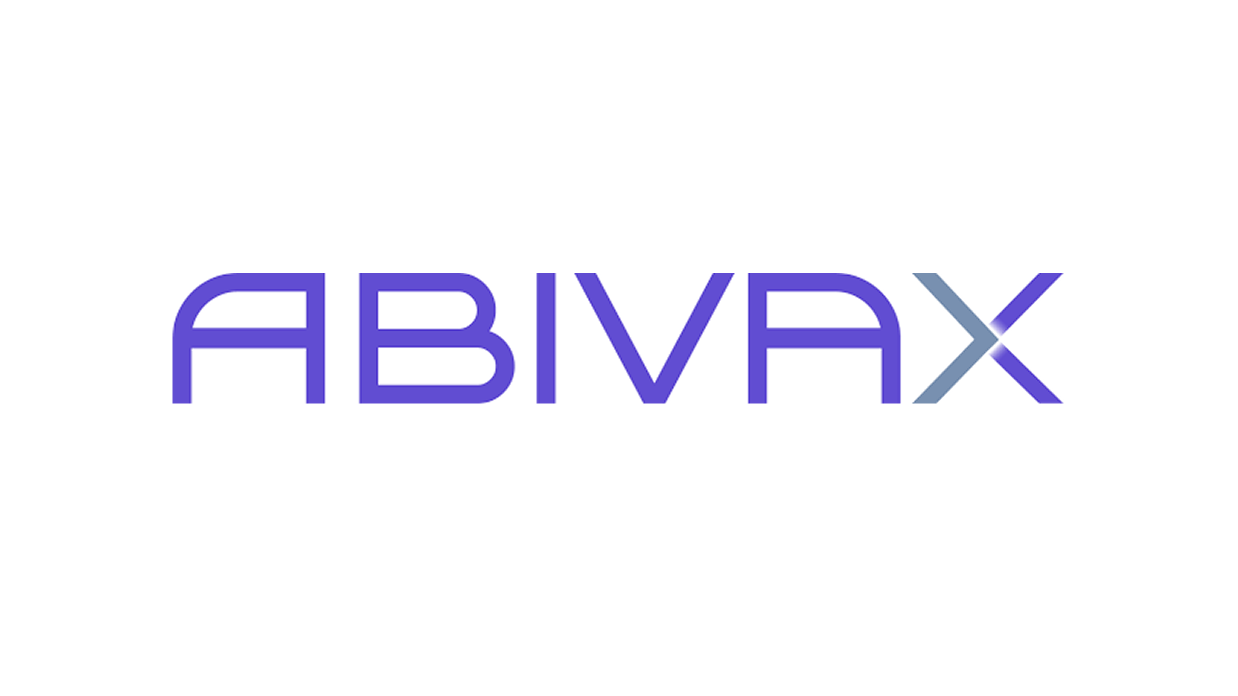AbbVie’s RINVOQ Receives FDA Approval For Treatment Of Giant Cell Arteritis In Adults
AbbVie receives FDA approval for RINVOQ in GCA, supported by intense Phase 3 results showing higher sustained remission vs. placebo.
Breaking News
Apr 30, 2025
Vaibhavi M.

AbbVie announced that the FDA has approved RINVOQ® (upadacitinib) 15 mg once daily for treating adults with giant cell arteritis (GCA), following recent marketing authorisation from the European Commission. This approval makes RINVOQ the first JAK inhibitor approved for GCA in the U.S., offering a new steroid-sparing option for patients suffering from this serious autoimmune condition.
"This FDA approval will now provide an alternative treatment option that can offer patients with GCA the possibility of tapering off steroids and achieving sustained remission. With this new indication for RINVOQ, we are underscoring AbbVie's commitment to exploring how we can identify and address unmet needs for patients with immune-mediated diseases," said Roopal Thakkar, M.D., executive vice president, research and development, chief scientific officer, AbbVie. "
The approval is based on data from the Phase 3 SELECT-GCA trial, where 46.4% of patients on RINVOQ plus a 26-week steroid taper achieved sustained remission between weeks 12 and 52, compared to 29.0% on placebo with a 52-week taper (p=0.002). The safety profile of RINVOQ during the trial was consistent with its other approved indications.
Peter A. Merkel, M.D., MPH, chief of rheumatology at the University of Pennsylvania, Philadelphia, and SELECT-GCA trial investigator, said, "Glucocorticoids remain a mainstay of treatment of GCA but lead to substantial drug-associated toxicities. Additionally, relapse remains common for patients with this disease. We now have a new option for treating GCA. The results of this clinical trial show that upadacitinib offers patients the chance to reach sustained remission."
Giant cell arteritis is a chronic inflammatory disease that affects large and medium-sized arteries and can lead to serious outcomes like blindness and stroke if untreated. The disease primarily affects women over 50, especially those aged 70 to 80, although men are more prone to ocular complications. RINVOQ's approval marks a significant step forward in improving disease control and reducing long-term steroid use.
